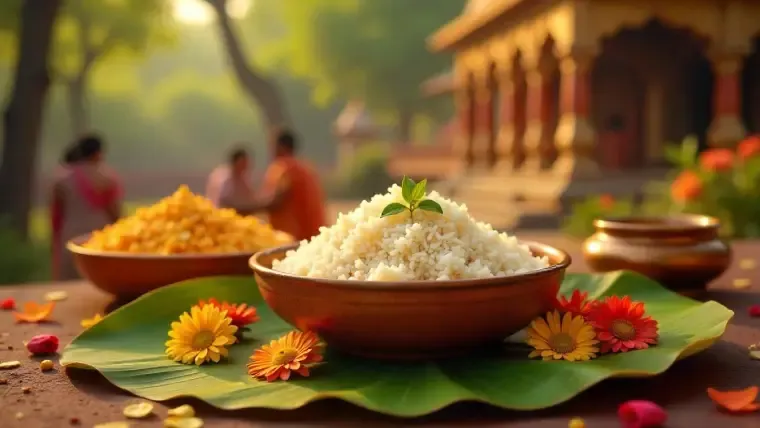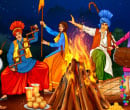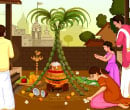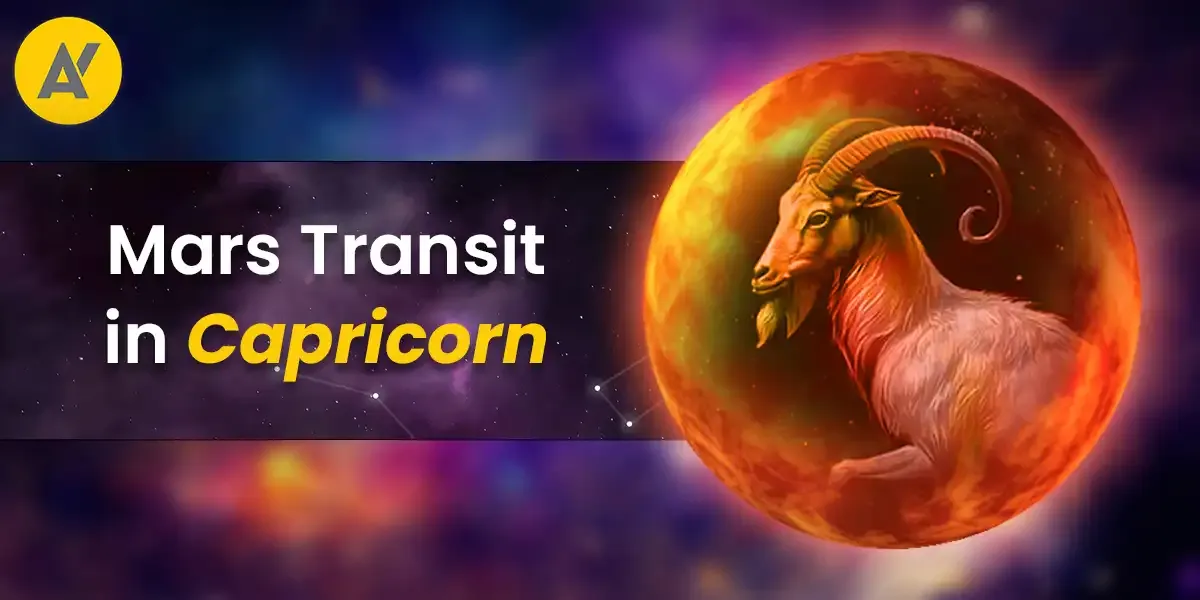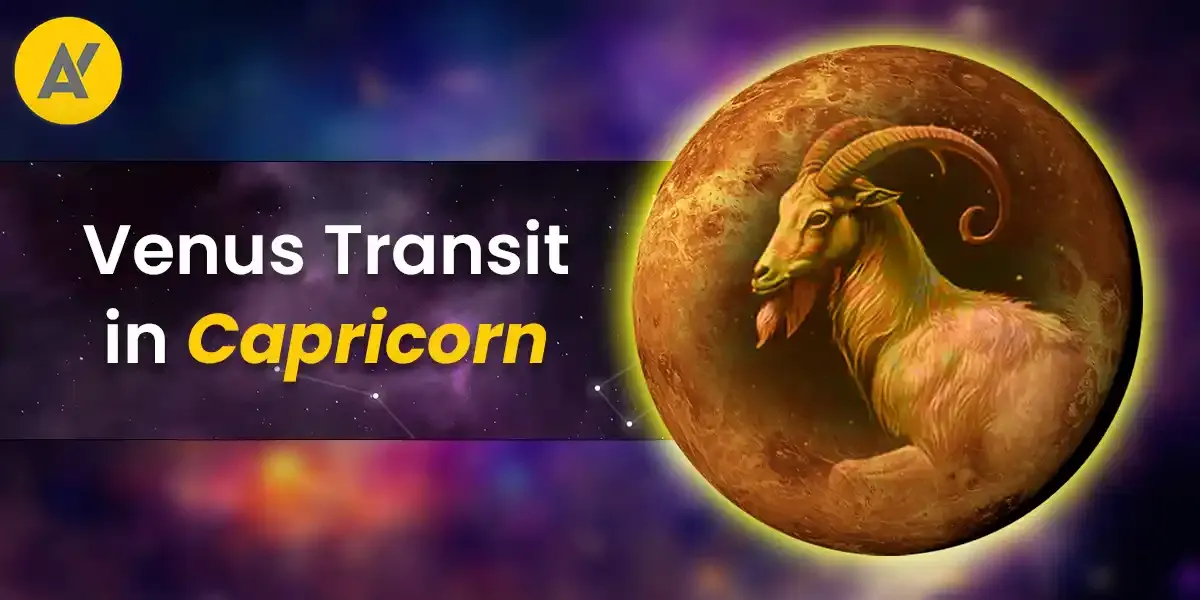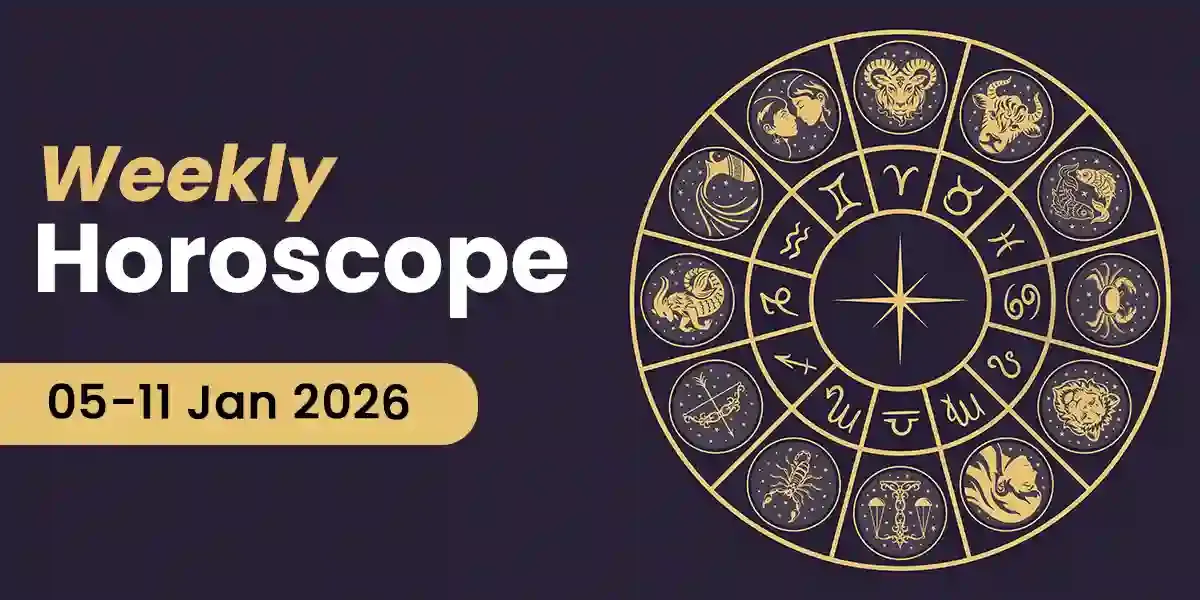
Friday, January 9, 2026 Paksha:Krishna Tithi:Saptami
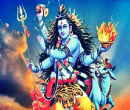
Saturday, January 10, 2026 Paksha:Krishna Tithi:Ashtami
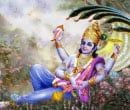
Wednesday, January 14, 2026 Paksha:Krishna Tithi:Ekadashi

Thursday, January 15, 2026 Paksha:Krishna Tithi:Dvadashi

Friday, January 16, 2026 Paksha:Krishna Tithi:Trayodashi

Sunday, January 18, 2026 Paksha:Krishna Tithi:Amavasya
Pongal is celebrated with a spirit of excitement in various parts of the country. However, this festival is primarily a multi-day harvest celebration of Tamil Nadu. Every year it falls in the Thai month, around the 14th of January, and it is for this reason that it is also referred to as Thai Pongal. The grand celebrations of Pongal 2026 are known to bring friends and family together to acknowledge the blessings of nature.
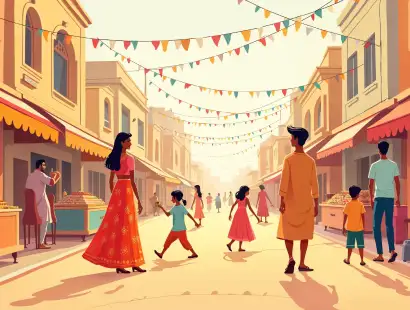


Pooja Vidhi and Its Significance
All About the Pongal Festival
Pongal gets its name from a Tamil word meaning, "to boil" which refers to the special dish that is prepared with the newly harvested rice along with jaggery and milk. After offering the dish to the Gods, it is then offered to the cows, followed by the family members. Celebrated from ancient times, this festival holds a lot of significance for the Tamil population. The joy of this harvest festival lasts for a period of four days during the months of January or February, also known as Thai when the crops of turmeric, rice, and sugarcane are harvested. This period marks the solar equinox. Different festivities highlight each day of this festival, namely:
Bhogi Pongal festival is celebrated on Day 1
Thai Pongal or Surya Pongal festival is celebrated on Day 2
Mattu Pongal festival is celebrated on Day 3
Kaanum Pongal festival is celebrated on Day 4
Significance of the Pongal Festival
According to historians, this festival was first celebrated during the Sangam Age, making it the first harvest festival of the Dravidian civilization. Another set of historians claim that the festival was celebrated over two thousand years ago as Thai Niradal. Similarly, the first reference to this festival can be found in the inscriptions discovered in the famous Viraraghava temple of Lord Vishnu. According to the inscriptions, King Kulottunga of the Chola dynasty donated a piece of land to the Viraraghava temple in order to celebrate this occasion of the new harvest.
India is the land of the farmers and as such agriculture is the primary occupation of a vast majority of the people in the country. It is for this reason that a lot of the festivals celebrated here are devoted to nature and its blessings. Pongal is one such festival that corresponds to other harvest festivals celebrated in the country like Uttarayan and Pongalkolam, which are a major part of Indian mythology and are deemed extremely auspicious. This is a harvest festival that is celebrated by thanking the gods of Sun and Rain, i.e., Surya and Indra Dev. The farmers take this occasion to thank the deities for blessing them with plentiful yield. Furthermore, the first day of the festival, called Bhogi Pongal comes at the end of Marghazi month in the Tamil calendar. Hence, this festival stands for the rejections of old possessions and welcoming new things.
How is Pongal Celebrated?
According to Hindu mythology, celebrating this occasion marks an extremely auspicious day. On this day, the Gods are believed to wake up from a six-month-long slumber or a six-month-long night. It, therefore, marks new beginnings. The break of dawn after a long expanse of darkness.
Each of the four days of this festival is marked by different festivities. Let us understand the details of the celebration spread across four days and the four different types of Pongal:
Day 1 or Bhogi Pongal: This day starts with an important Puja that is performed on the fields by cutting the paddy crop. The farmers and their families pay homage to the Earth as well as the Sun god for their blessings and smear sandalwood paste on their sickles and ploughs.
Day 2 or Surya Pongal: This day is dedicated to the worship of the sun god, Surya. A special dish is cooked on the day, made with milk, jaggery, and rice. This dish is then offered to Sun god for seeking his blessings.
Day 3 or Mattu Pongal: This day is dedicated to the worship of cattle or Mattu as they are referred to in Tamil. They are bathed and cleaned properly and their horns are decorated by painting them in bright and beautiful colors. Flower garlands adorn the cattle as they are revered on this special day. After making offerings to the gods, the cattle are fed with delicious meals.
Day 4 or Kaanum Pongal: The last day of the festival is meant for relaxation and entertainment. People spend quality time mingling with their near and dear ones. This day is also deemed auspicious for fixing marriages as it assures a successful marriage alliance
Regional Names of Pongal
Being an agrarian economy, the festival of Pongal is celebrated in different parts of India under different names. The harvest festival is celebrated in different regions under the following names:
- Makar Sankranti in North India
- Lohri in Punjab
- Bhugali Bihu in Assam
- Hadaga festival in Maharashtra
- Poush Sankranti in Bengal
- Uttarayan in Gujrat
The different names do not change the meaning behind the festivities associated with this day. The festival is celebrated with great fervor as families get together to express gratitude for life's many blessings.
Astrological Significance of Celebrating Pongal
As per the science of astrology, this festival signals the end of the winter solstice which means that from this day forward, the days start to become longer. During the winter solstice, the Sun stays in the sky for a shorter duration while the nights are longer. This festival marks the beginning of longer daylight hours. This festival thus celebrates the warmth of the Sun which will thaw the ice and herald a blossoming spring.
Furthermore, the Sun from this day starts its six-month-long northwards journey, also known as Uttarayan. This is when the Sun enters the Capricorn zodiac or Makar Raashi. The Capricorn is the 10th house in the zodiac system and on the harvest festival, the Sun transits from Sagittarius to the 10th house.
Legends About Pongal
The Hindu mythology points to several legends about Pongal but one of the most prominent one points out the incident when Lord Shiva once commanded the bull named Basava to visit the Earth and inform the humans to bathe and massage themselves with oil every day. However, Basava misinterpreted the message and communicated that humans should take a bath and oil massage once every month. Angered by this, Lord Shiva cursed Basava to plough the fields on Earth, helping people produce foodgrains. Since then, this harvest festival celebrates nature by paying homage to cattle and crops.
People come together to celebrate the auspicious day of happy Pongal honoring the natural resources that sustain us on this planet. People get together to appreciate the abundance in their life and family on this opportune day!
If you wish to know more about this festival, get connected with Astroyogi astrologers right away!
Festival List
- Nag Panchami
- Raksha Bandhan
- Janmashtami
- Ganesh Chaturthi
- Onam
- Pitru Paksha
- Shardiya Navratri
- Durga Puja
- Dussehra
- Karwa Chauth
- Dhanteras
- Diwali
- Govardhan Puja
- Bhai Dooj
- Chhath Puja
- Tulsi Vivah
- Guru Nanak Jayanti
- Christmas
- New year
- Lohri
- Pongal
- Makar Sankranti
- Vasant Panchami
- Shivratri
- Ramadan
- Holi
- Good Friday
- Navratri
- Gudi Padwa
- Ugadi
- Vaisakhi
- Ram Navami
- Mahavir Jayanti
- Hanuman Jayanati
- Buddha Purnima
- Akshay Tritiya
- Shani Jayanti
- Guru Purnima
- Hariyali Teej

